ACLU of Delaware Archives
Since 1961, the ACLU of Delaware has worked to defend and expand civil liberties across the First State. Over the years, we've played key roles in landmark litigation and vital legislation to ensure the constitutional rights of all Delawareans.
History
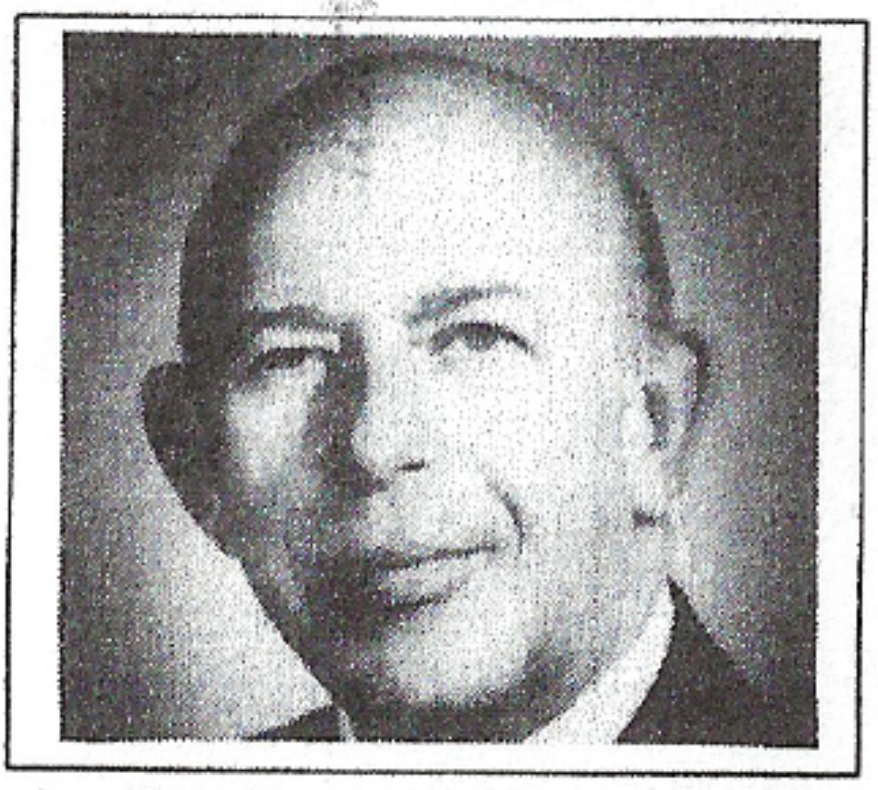
In the 1950s, the ACLU operated in Delaware as an extension of the Greater Philadelphia Area affiliate. In 1960, Greater Philadelphia Area Executive Director Spencer Coxe tasked Irving Morris and other civil rights advocates to form a Delaware ACLU chapter with its own board of directors chosen by ACLU members living in Delaware. This new chapter was inaugurated on March 2, 1961, with the first meeting held at the YMCA on Delaware Avenue and Washington Street. The meeting was attended by Irving Morris, Sonia and Gilbert (Gil) Sloan, L Coleman Dorsey, Jacob Kreshtool, Ruth Kolber, and Joan and Joseph Rosenthal, among others. They elected a seven-member board of directors, with Louis Finger elected as the chapter’s first president.
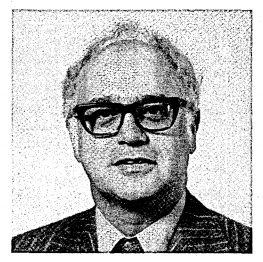
1960s
During the tumultuous 1960s, the fledgling Delaware ACLU Chapter vigorously petitioned the legislature on a number of civil rights issues, including abortion rights. Board member Sonia Sloan organized a number of large protests against the Vietnam War, which (according to her husband, Gil) decisively turned Delawarean public opinion against the war.
1970s
The 1970s saw substantial growth for the Delaware ACLU Chapter. In 1975, Gerry Kandler, then-board president, led the chapter to victory litigating against the State of Delaware to provide children with physical and intellectual disabilities full access to education. On January 1, 1978, the Delaware chapter was formally reorganized as the ACLU of Delaware, Inc. (ACLU-DE), a full state affiliate in its own right, no longer dependent on funding from the Greater Philadelphia Area affiliate.
1980s
ACLU-DE played a significant role that led to the desegregation of schools in the City of Wilmington in the 1980s. This action also had an impact on desegregation nationally. Judy Mellen began her 15-year tenure as Executive Director in 1986.
1990s
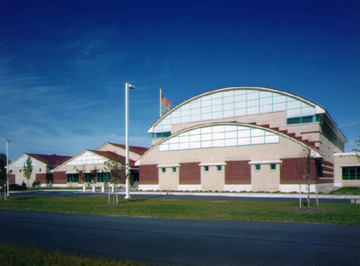
In the 1990s, during Judy Mellen’s 15-year tenure as the executive director of ACLU-DE, we filed a federal lawsuit against the state's juvenile justice system to reform its operations, including at the Ferris School for Boys, and the state's juvenile detention facility. The federal lawsuit exposed the abysmal conditions throughout the juvenile justice system, and held the state accountable to meet its obligations to young people within the system. After that victory, Ferris and the detention center became a national model for juvenile care facilities.
2000s
In the 2000s, ACLU-DE became active in combating over-incarceration, mandatory minimums, and other legacies of the "War on Crime." In 2003, ACLU-DE supported the passage of the Probation Reform Law that capped probation sentences at two years for a violent felony, 18 months for any drug offense, and one year for any other offense.
2010s
While ACLU-DE was already on a steady membership growth curve by the mid-2010s, funding and membership increased dramatically in late 2016 as the public anticipated the need for the ACLU to step up and combat the incoming Trump administration on a number of human rights and civil liberties issues.
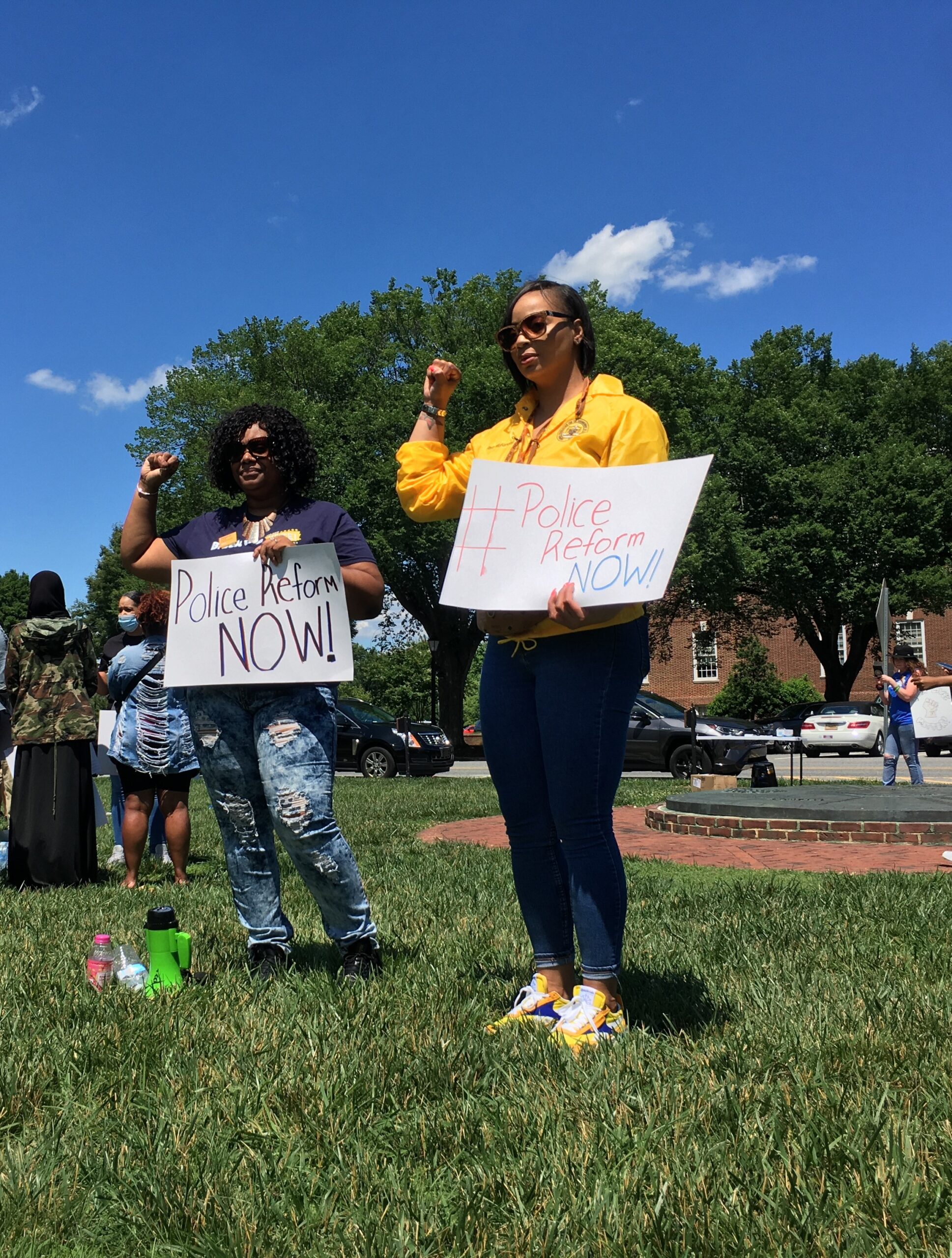
Since 2020
In 2018, ACLU-DE launched the Delaware Campaign for Smart Justice with the goal of enacting criminal justice reforms and slashing Delaware’s prison population in half to combat the crisis of mass incarceration. As of April 2021, the First State’s prison population has been cut down by 37%.
In 2020, ACLU-DE settled with the State of Delaware in an historic lawsuit that would result in a systemic shift to provide additional funding for English learners, students with disabilities, and low-income students. That lawsuit, Delawareans for Educational Opportunity v. Carney, resulted in three more settlements in 2021, which required each of Delaware’s three counties to initiate decades-overdue property tax reassessments that would ultimately benefit the state’s public school funding as well.
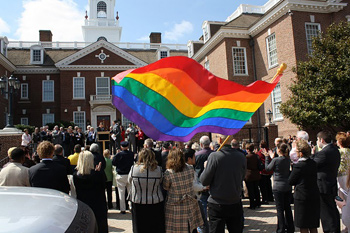
ACLU-DE has been the "underdog’s watchdog" for over half a century. We are a first resort when the government threatens our rights in Delaware and a last hope when we are deprived of our liberties. Our ongoing efforts today to promote racial justice, criminal legal reform, expanded voting rights, and more are only the next step in our organization’s history. We will continue our work to protect and expand civil liberties in Delaware, because we know all too well that "the fight for civil liberties never stays won."

